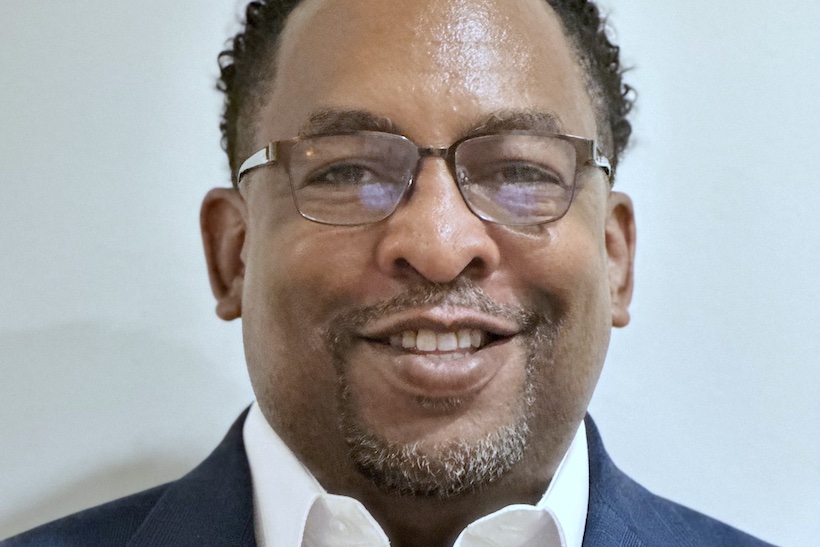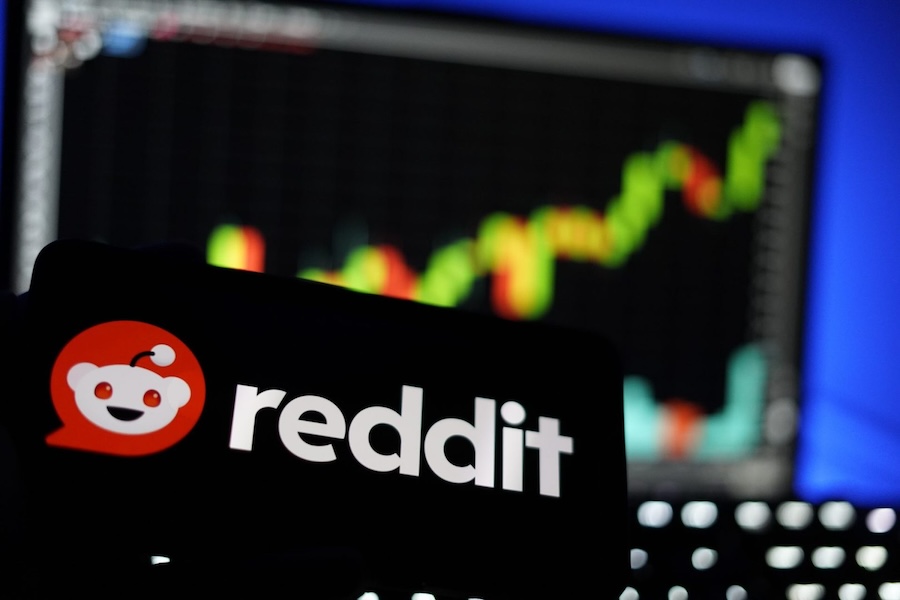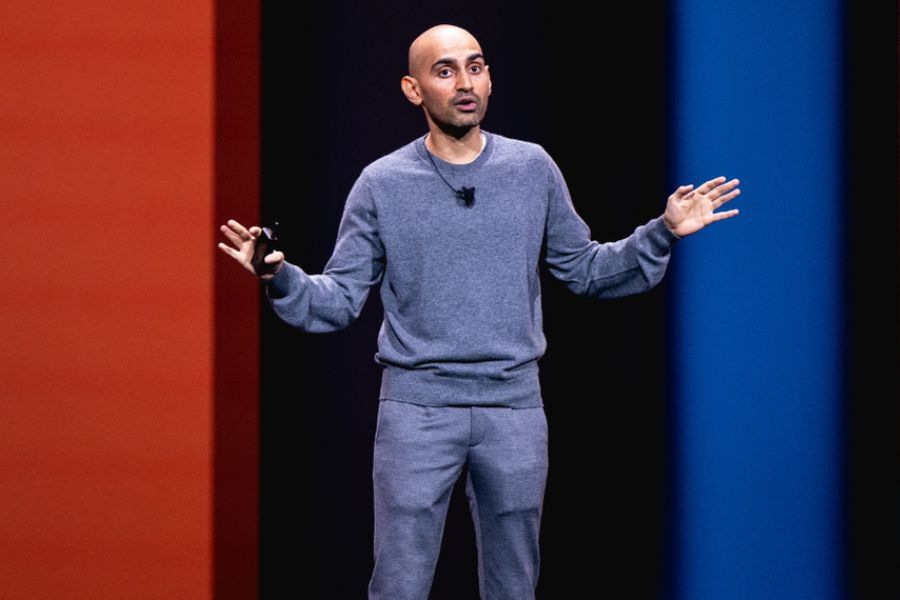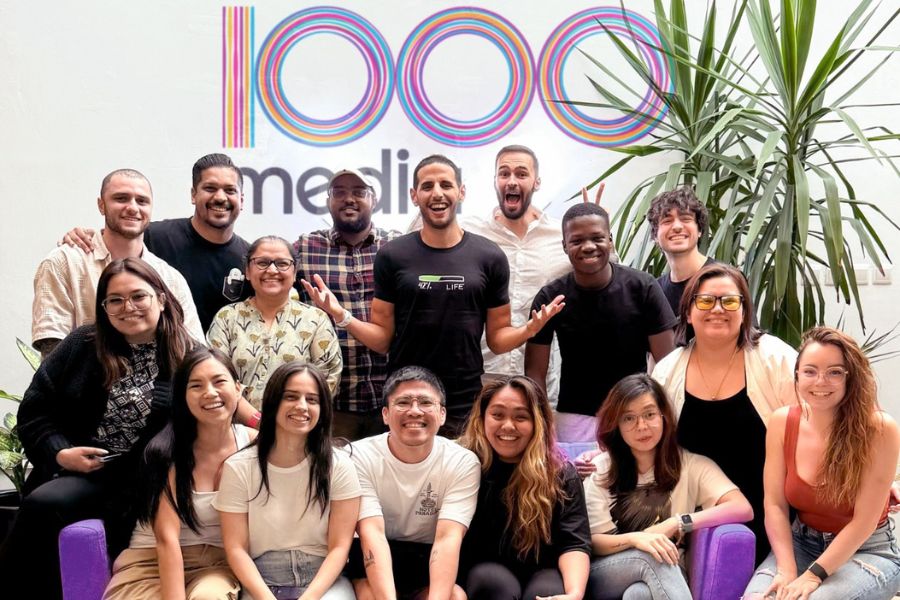The digital advertising landscape is on the cusp of a seismic shift as Google plows ahead with its plans to deprecate third-party cookies in Chrome by the end of the year. But the unintended consequences of this privacy-focused shift could significantly harm multicultural media publishers and the diverse voices they represent.
Resources are particularly constrained for publishers representing marginalised groups. Their capacity to monetise is restricted by blunt keyword blocking that prevents ads from appearing on their sites. While major publishers may be able to offset cookie loss through subscriptions and registrations, minority-owned outlets lack user bases of the same scale. And after years of algorithmic bias on social platforms, multicultural audiences are also less inclined to share personal data.
For diverse-owned and targeted publishers, the future may seem particularly grim—losing third-party cookies also means losing their ability to generate revenue and scale their operations.
But there is also potential for a far different future—if the industry is intentional about truly leveling the playing field.
Understanding the opportunity divide and its ramifications
When I was seven years-old, my parents bought me a Commodore 64 computer. They saw it as an opportunity for me to see more of the world than what was directly in front of me in Trenton, New Jersey, where I grew up. That access broadened my perception of my own personal value and what I could bring to the table.
If multicultural audiences can’t access information and content that recognises their identities, or cannot see successful people who look like them beyond musicians or athletes, there’s a risk that future generations will be constrained to the perceptions of their immediate environments. Their access to opportunity becomes limited.
Intentionality can close the opportunity divide
A surge in multicultural media spend is expected this year, but not enough to overcome the discrepancy between the percentage of total marketing spend (5.3%) and the percentage of the U.S. population this comprised by diverse audiences (40%). This imbalance is likely to worsen post-cookie deprecation, as niche publishers are forced to cast wider, less efficient nets to attract audiences.
So, where do we as an industry go from here?
Awareness is essential. Industry leaders must acknowledge the outsized impact of cookie loss on multicultural publishers and develop solutions accordingly. Expanding Google’s training programs and grants to support diverse media partners is one starting point. Providing the tools to enable audience authentication in greater numbers is another.
Cooperation is also key. Partnerships between multicultural and mainstream players enable knowledge sharing and resource pooling. Finally, brands play a critical role. By prioritising investments in minority-owned outlets, even at higher costs, they can promote a more inclusive media landscape.
While cookie loss poses challenges, it also provides opportunity. By taking concrete steps to address the needs of diverse publishers, we can ensure marginalised voices don’t get left out of the future of media.
Let’s use this inflection point to enrich the collective digital experience—not constrain it.
Navarrow Wright is chief operating and technology officer at Mirror Digital.











